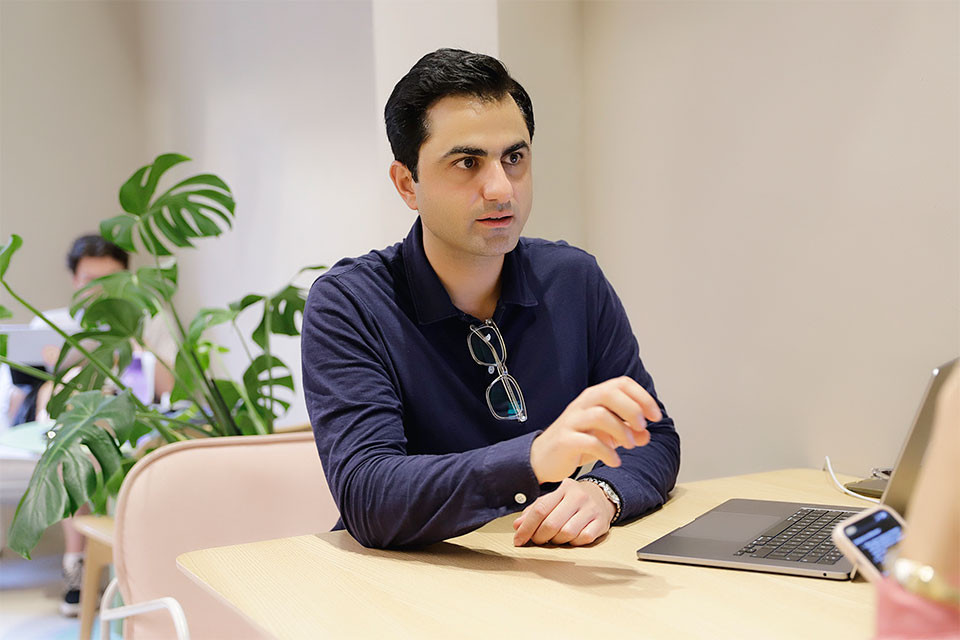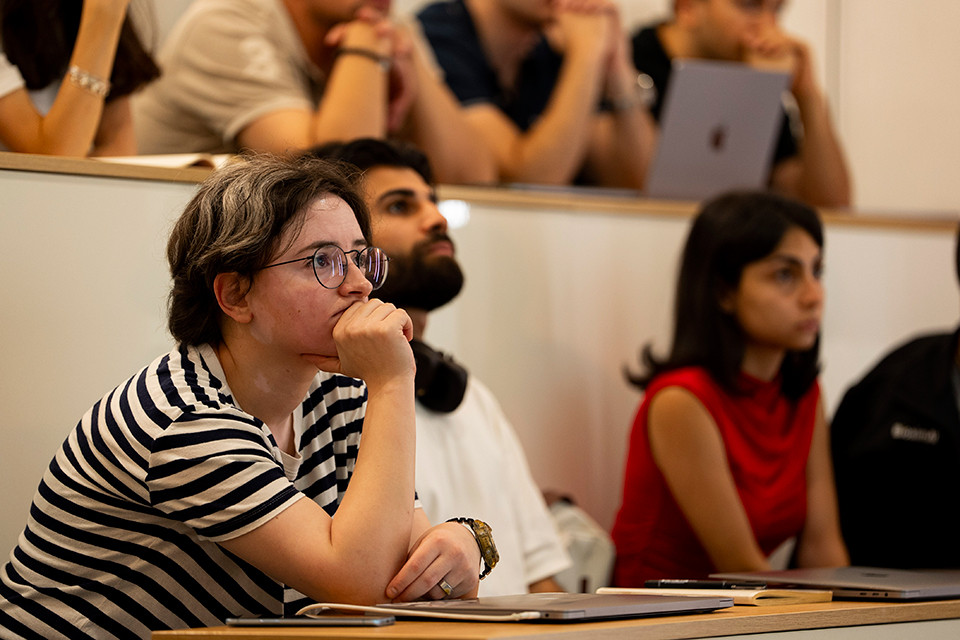-
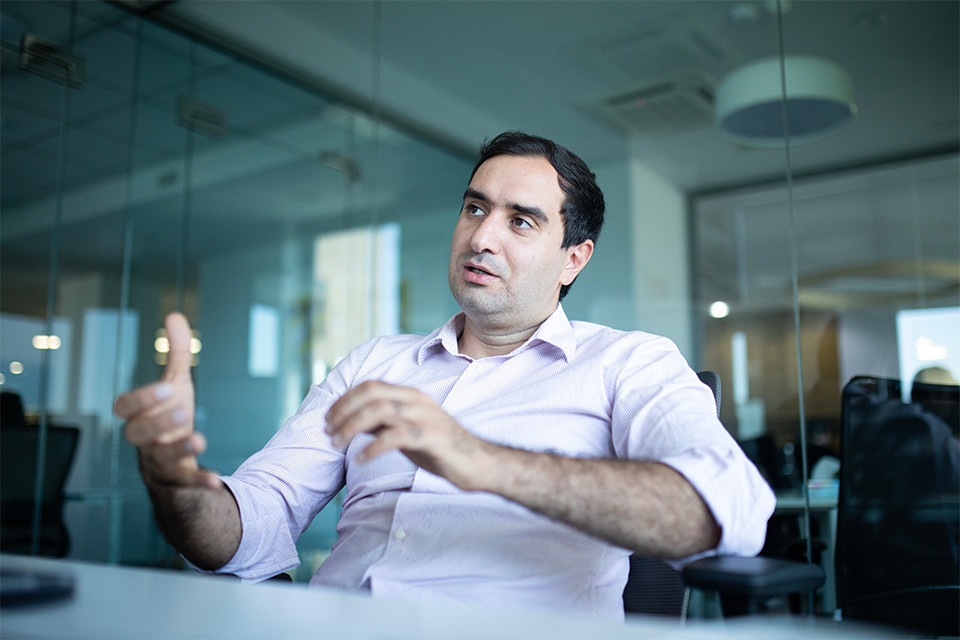
-
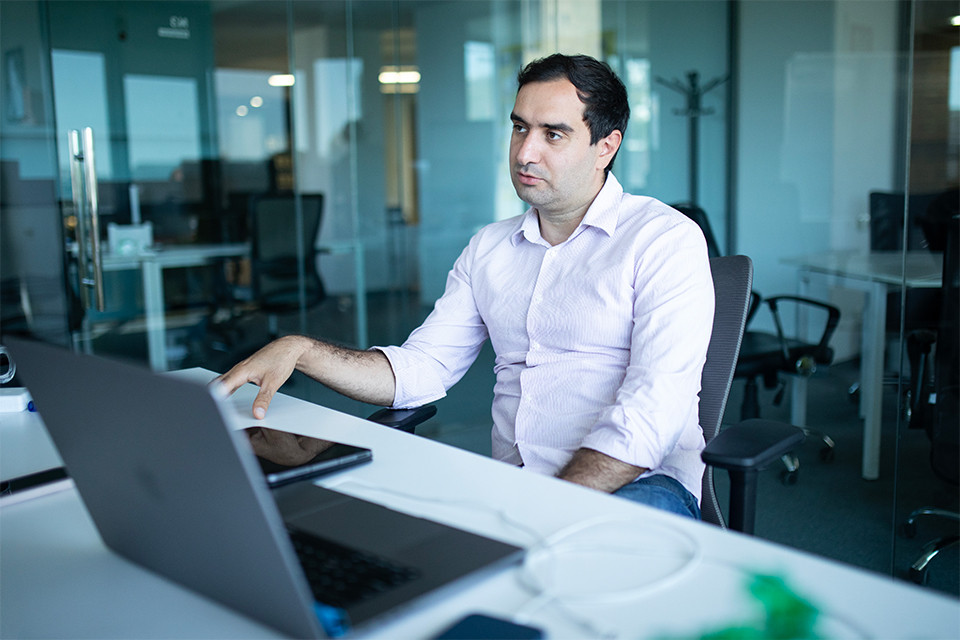
Gevorg Karapetyan
-

-

-
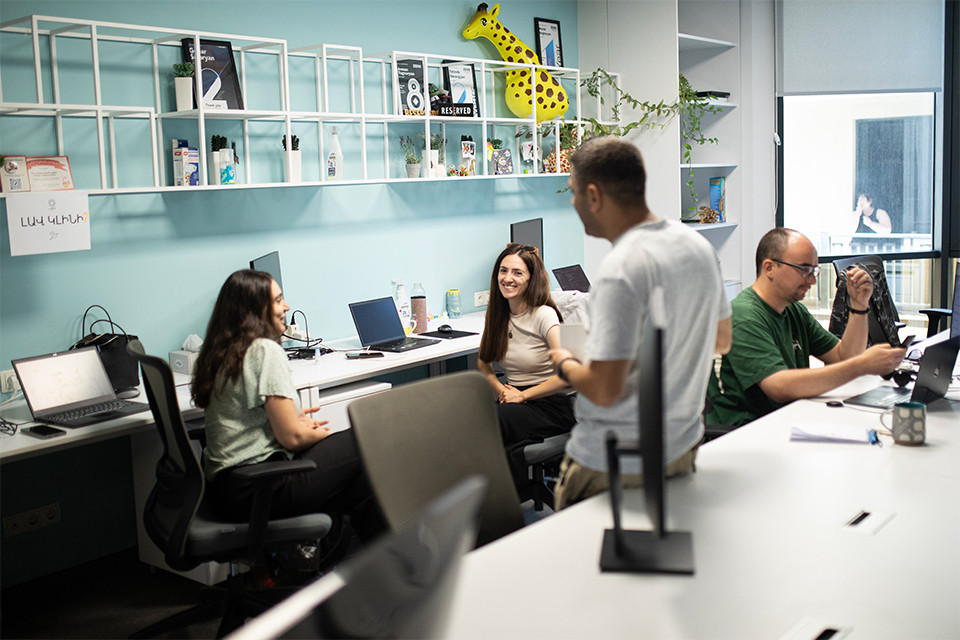
-

-
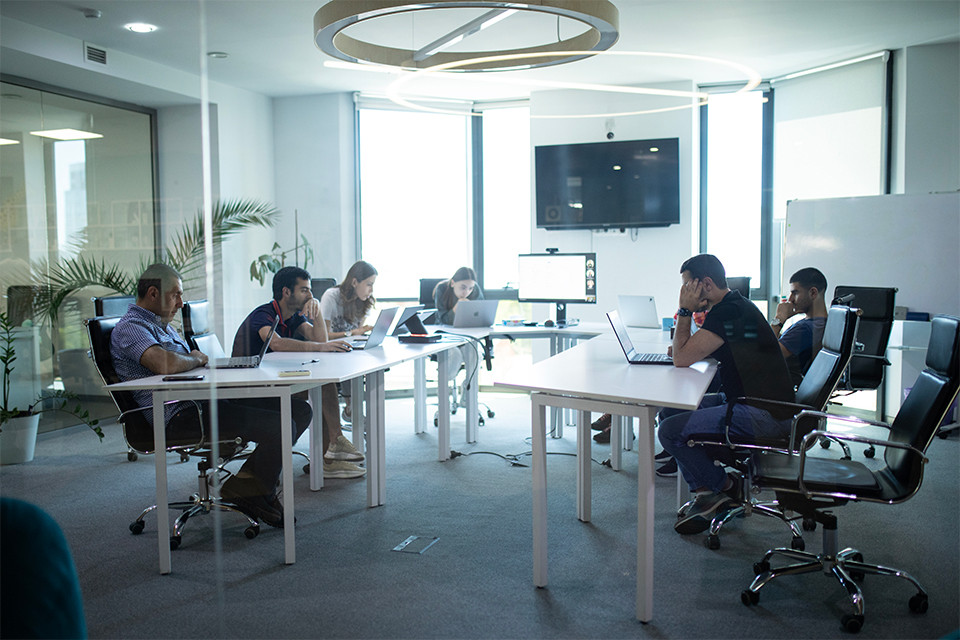
-
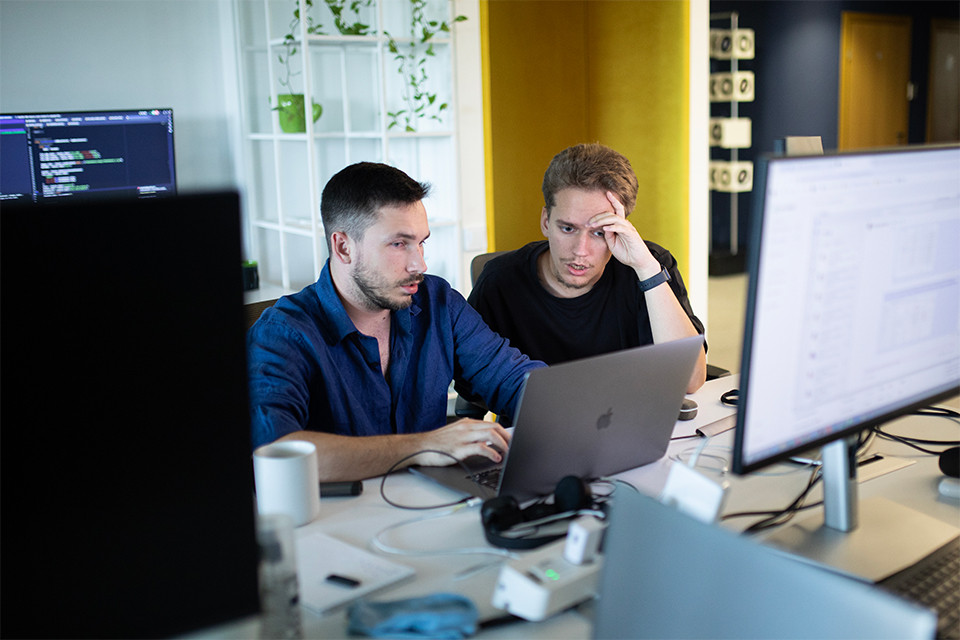
-
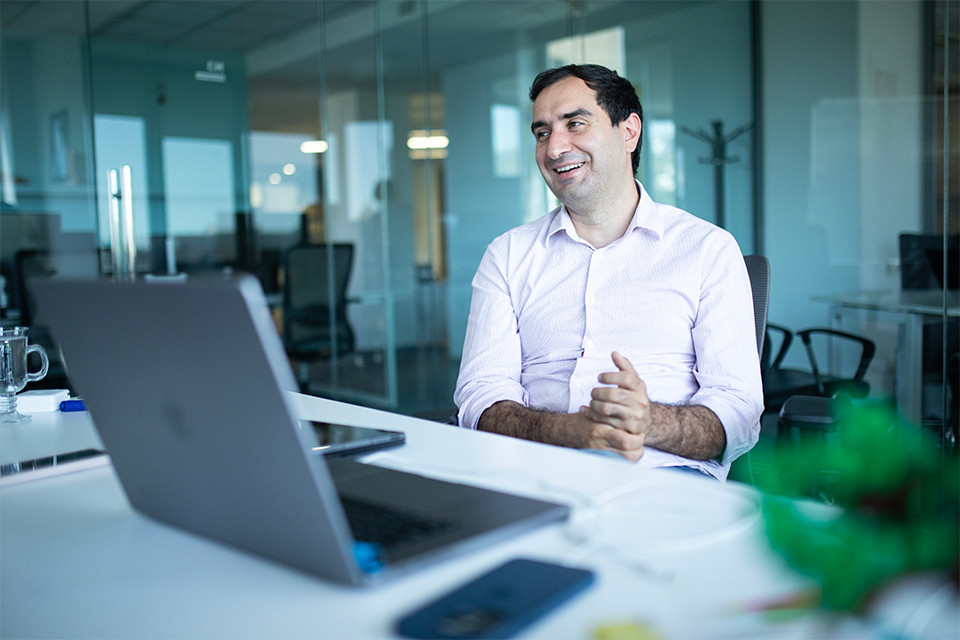
18:00 | 11.09.24 | Articles | exclusive 20466
Gevorg Karapetyan on the rebranding of Hercules AI, $26 million investment, and GenAI
In today’s tech world, securing a stable place is a significant challenge, but the story of Gevorg Karapetyan, co-founder and CTO of Hercules AI (formerly ZERO), and his team demonstrates that the right ideas and a difficult path can open doors.
Recently, the company announced a $26 million Series B investment and a rebranding. Since 2017, it has been working on automating professional services, focusing on legal, insurance, and large enterprises. For several years, they have been developing their own large language models (LLM) before these became widely popular.
In an interview with iTel.am, Gevorg Karapetyan discussed the creation of the company, its vision, as well as the future and challenges of AI in Armenia.
The Idea and Beginnings
Our story started interestingly: on my birthday, September 20th, my friend Alex called and said he had a new idea about analyzing and summarizing information. What is highly relevant now, we were discussing 10 years ago. Managers and businesspeople receive large volumes of information, and there is an issue of information overload.
 Gevorg Karapetyan
Gevorg Karapetyan
We started discussing what technology we could develop to filter out the noise and highlight the signal. I found this direction very interesting at the time and realized that the problem was vast. I quickly made the decision to join the initiative. Usually, I make the most important decisions in my life very quickly, and this was no exception. Now, my company and I celebrate our birthdays on the same day. This is how our journey began.
We started the company’s activities in parallel in two countries: Armenia and the United States. Alex handled business development, and I focused on the technical direction. We then assembled large engineering and business teams. To manage more efficiently and make quick and accurate decisions, I moved to San Francisco.
The Advantage of Choosing a Difficult Path
I come from an academic background, having defended my PhD in medical applications development. I worked on systems that involved heavy computations, such as a device that detects skin cancer, and similar projects. I believed in the power of devices, that they would gradually improve and solve complex problems.

When Alex and I began working together, I suggested we avoid using cloud-based systems. Many didn’t understand my decision, especially as cloud technologies and Python libraries were making it easier to perform tasks in the cloud. We chose the old and hardest path, which gave us new opportunities, such as strong data privacy and security. Because of our strong data protection, we immediately became appealing to industries where data privacy is key. One of these was the legal sector, where a large amount of data circulates. This data is well-labeled, which allowed us to train our AI models.
Technological Pulse, Skepticism, and AI Breakthroughs
In 2018, when the first open-source transformer model - Google Bert - was released, we realized it would change the world by solving much larger and broader problems due to its new architecture. We started working with it and expanding our technology.

We offered our large clients, who were still using old technologies, the opportunity to try our new solution. Thanks to this, they no longer needed a solution designed for just one specific type of data; any type of data could be processed and extracted.
They said it was impossible and a fairytale, mentioning they were collaborating with the world’s largest companies. We presented our development and gave them a chance to try it. A prototype could understand, analyze, and process any type of data. It was a breakthrough.
We are talking about Fortune 500 companies, which are often very conservative, with slow processes and bureaucratic, rigid systems. This is how we gained clients working with the new transformer-based architecture and language model solutions. What is now new and what everyone is moving towards, we developed back in 2020.

Our first collaboration was very helpful to us. During the production process, we gained a valuable client who uses our development in real-time and provides feedback, which we could reference. This opened doors for us to large enterprises.
From ZERO to HerculesAI
When we started developing a new platform, we initially named it Hercules. Among our other products, one carries the name of a god from Greek mythology.
In the enterprise world, we wanted to promote the Hercules platform further and decided to rebrand. We transitioned from ZERO to HerculesAI.

Hercules has three main components of generative AI: data extraction, transformation, and verification.
We have products that verify the accuracy of transactional data against various regulations and policies. Using such products can increase work efficiency a thousandfold and take it to a new level.
We closely follow new technological developments. I personally read several scientific papers daily, and our team is always keeping up with the pulse of time.
We have about 50 employees in our Armenian office, mostly the technical team. The company as a whole has 75 people. Our headquarters is in Silicon Valley. We also have offices in Canada and several European countries.
The $26 Million Series B Investment and the Next Stage of Development
Our main goal is to move forward and grow in all the areas where we are present. Our key sectors are legal, financial, and insurance.
The funding is led by Streamlined Ventures, with participation from Proof VC, Thomson Reuters Ventures, Alumni Ventures, and various angel investors from the industry.

Thirty percent of the top 100 law firms in the US are already our clients. We also have clients from the Fortune 500, including Mercer, Standard & Poor’s, and State Farm.
Working with large enterprises is quite interesting. There is a two-way synergy—while we are interested in solving big problems, they are keen on seeing how business changes.
A More Efficient World, AI, and Its Regulations
I am quite optimistic and believe that the world is catastrophically inefficient and very slow. There is too much bureaucracy, and decisions are not rational in many cases. Overall, there is no efficiency or justice.
In my opinion, AI technologies can accelerate decision-making. A self-regulating and self-cleaning system will be created, and like any powerful tool, it can be used for both good and bad purposes.

Over time, just as people adhere to social norms and laws, so will these technologies comply with rules.
There are two main approaches to regulating the field: the European one, which is more restrictive, and the American one, which provides more freedom, with decisions being made based on precedents. I lean more towards the American approach. Regulation is inevitable, but at this stage, freedom must still be allowed. We are still at the beginning.
Armenia’s Role in the Global AI Race
As a nation, Armenia needs to understand that the world is changing rapidly. History has shown that the most adaptable and flexible survive. This is about making the right decisions quickly.
Unfortunately, I see that many systems do not meet the demands of the new times. We are a small country, and the number of people involved in our government is relatively small on a global scale. Flexibility is the most important point; without it, we cannot keep pace with the world’s changes. I suggest as a start using AI in every field possible that will decrease the bottleneck we have now and make use more efficient and flexible.
We are now at the crossroads of opportunities and threats. We must be flexible and smart enough to seize the opportunities and close the threats, as they are endless.

Regarding Armenia’s tech sector, the largest percentage of revenue comes from outsourcing and outstaffing. The majority is based on mid-level engineers, but in a few years, they will no longer be competitive. Senior specialists can solve big problems using just a few AI tools.
Our community needs to choose a few directions and specialize in them - those that are necessary for us and have demand globally. We need to ensure the presence of large global companies in these directions, create new unicorn companies, attract specialists from abroad, and so on. Armenia can be competitive.
By Nune Grigoryan
Photos by Emin Aristakesyan

17:29 | 24.09.25 | Articles
Jacopo Losso on Cross-Border Investments and Why Armenia Attracts Angels


